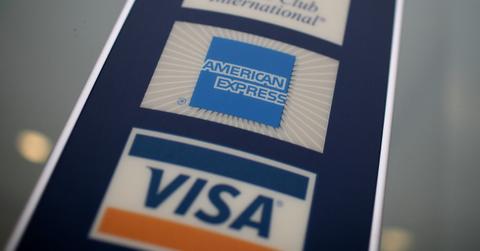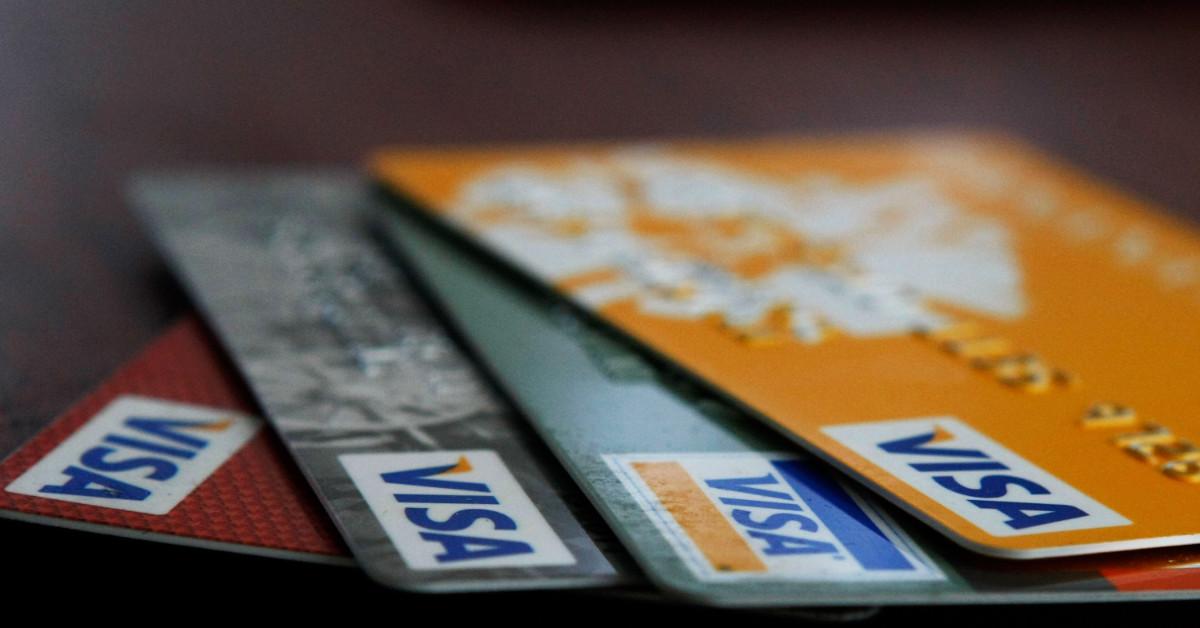What Happens to the Merchant When You Dispute a Credit Card Charge?
What happens to the merchant when you dispute a charge? See how the credit-card chargeback process works and which parties are involved.
Sept. 2 2022, Published 3:34 p.m. ET

By now, you might know that you can dispute credit card charges as part of the Fair Credit Billing Act (FCBA) of 1974. But what happens to the merchant when you dispute a charge?
Disputing a charge kicks off a process called a “chargeback,” as Select explains. As a consumer, you can ask for a chargeback when your purchase never arrived, when your purchase arrived damaged or defective, when you were charged an incorrect amount, or when you have fraudulent or unauthorized charges on your account.
In some of these cases, you can contact the merchant and get a refund. But when the money comes from the card issuer, that’s a chargeback.
Chargebacks can involve your credit card issuer, the credit card network, the merchant, and the merchant’s acquiring bank.
Once you file a chargeback by phone, mail, or web, your credit card issuer will either ask you to pay, send you a refund for your money, or pass on the chargeback to the card network (e.g. Visa or Mastercard), as Experian outlines.

If a chargeback reaches the card network, the card network will either order the issuer to pay or pass on the chargeback to the merchant’s acquiring bank (the bank that processes the card transaction for the merchant). In the latter case, the acquiring back will either determine the issuer is at fault or pass on the chargeback to the merchant, in which case the merchant will either pay for the transaction or dispute the chargeback.
And if there's a dispute, then the merchant, acquiring bank, and card issuer will try to settle the dispute — with the card network ultimately deciding who’s on the hook for the amount.
Experian notes that you won’t have to pay the bill for the disputed amount while the investigation is ongoing, but you’re still required to pay for your other purchases. Then, if a merchant disputes your claim, you might have to pay the disputed amount plus interest.
That said, Credit.com reports that it can be difficult for merchants to challenge chargeback requests, so they have to decide whether it’s worth the potential loss of revenue or customer trust to try to argue its case.
As a consumer, you should only dispute charges if you have a legitimate reason.
Credit.com offers five tips for avoiding chargeback issues. You should dispute credit card charges only if you have a legitimate reason, the site says, especially since you could face legal consequences if you attempt a chargeback on a valid transaction. You should contact the merchant first so that the merchant has a chance to rectify the problem — and so that you have proof that you attempted to resolve the problem directly with the merchant before you requested a chargeback.
The site also recommends acting quickly — since you should notify your credit card company within 60 days of the bill or statement — and saving all receipts and correspondence related to the issue. Make sure to keep your credit card account current since you’re still liable for late fees or interest on your other charges while the dispute is pending.
